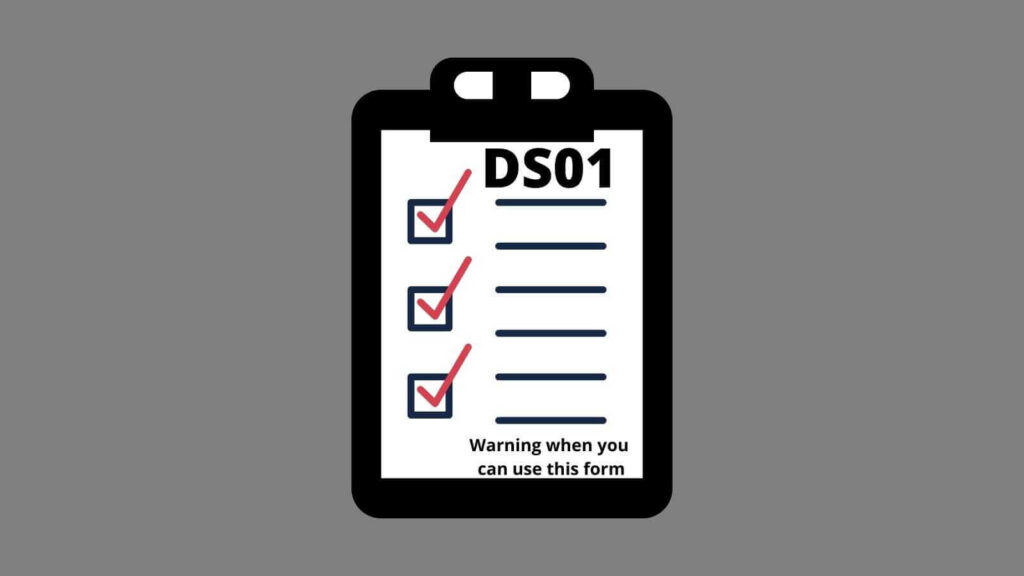-
By valero
- In Uncategorized
We already have explained (almost) everything you need to know to open a company in the UK. In this new article, we are going to explain you how to close a company in the UK.
This is probably the step you never wanted to take. Every business has a cycle: it opens, it operates and, at some point, it has to close. Whether it is because you have met your objectives, because the business has not gone as expected or simply because you want to start a new project, it is important to do it in the right way to avoid legal or tax problems.

Do you meet the requirements to close your business in the UK?
The first thing you need to know about how to close a company in the UK is that you must check whether you can do so on a voluntary basis. This means that you must meet a few parameters in order to be able to terminate your business.
You will have no problems if your company has no outstanding debts, or on the contrary, it has them but able to pay it. If you have significant debts, it may be necessary to undertake a procedure known as compulsory liquidation.
Nor will you have a problem if you have not traded with it in the last three months or have not recently changed its name.
Inform interested or affected persons
We recommend that, before you apply to close your company, you inform those persons who have an interest in your company or who may be direct or indirectly affected. We are talking about shareholders, creditors, potential employees and suppliers.
This simple step can help you to avoid later claims that may lead to cumbersome legal proceedings.
Submit the DS01 form
To officially close your company in the UK, you must complete and submit the DS01 form. Once you have it ready, you will need to send it, like everything else, to Companies House.

You can do this online, which will cost £8. But you can also choose to do it by post, which will cost £10.
Note that the DS01 form must be signed by most of the company’s directors.
Publication in the official gazette
Once Companies House receives your application, it will publish a notice in the official UK The Gazette. Remember that many of the details of companies in the UK are public.
This allows anyone with an interest in your company to find out where you stand. For example, you can object to closure if you have legal grounds to do so, such as an outstanding debt.
If no one has objected to the closure of your UK company within two months, Companies House will remove the company from the register.
Formal closure of your company in the UK
When the process is complete, the Companies House will send you a notice with official confirmation of the dissolution of your company. It will then cease to exist legally.
Important tax considerations
Before you apply for the closing, make sure you have filed all tax returns. Also, do not forget to pay any outstanding taxes (Corporation Tax, VAT, PAYE).
His Majesty’s Revenues & Custom may carry out a random inspection even after the closing of your company. For this reason, we recommend that you keep all accounting documentation for at least 6 years.
Members’ Voluntary Liquidation (MVL)
If your company has significant assets that you want to distribute to shareholders efficiently, you can opt for a procedure called Members’ Voluntary Liquidation (MVL).

This process is a bit more expensive, but has many tax advantages, which is always a good thing.
Final tips on how to close a company in the UK
As a final touch, we will give you some extra tips. On the one hand, do not hesitate to consult a tax advisor if you have any legal or fiscal doubts. On the other hand, cancel all subscriptions and services contracted in the name of your company. And as always, keep all official correspondence relating to the closure.
Closing a business in the UK is not complicated if you follow the right steps. Planning the process well will help you avoid problems years down the line and allow you to start new projects with peace of mind.